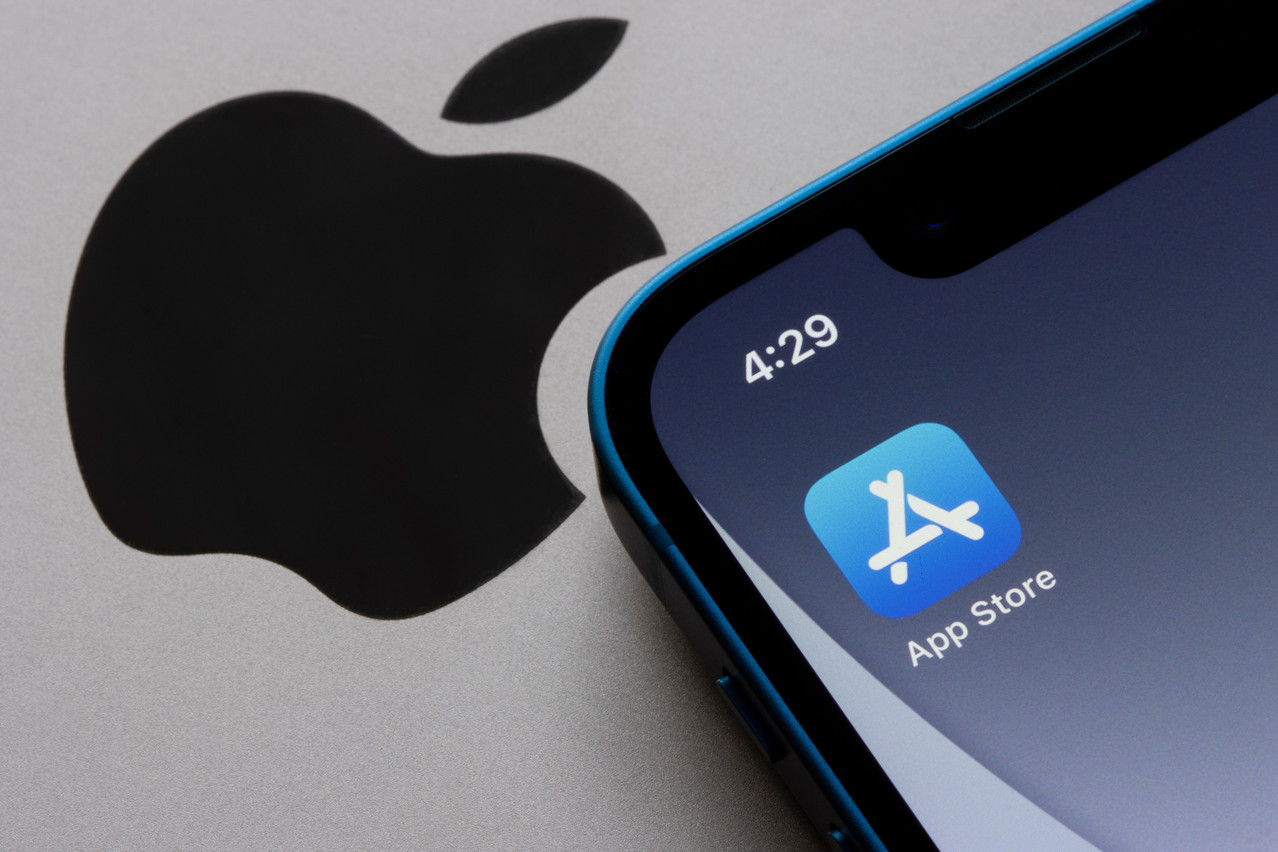You’ve heard of the Digital Services Act? Now meet its little sibling, the Digital Markets Act (DMA). Passed and adopted in September 2022, the DMA aims to strengthen competition and make the sector fairer and freer, particularly in relation to the digital giants, while reinforcing users’ rights. Alphabet, Amazon, Apple, ByteDance, Meta and Microsoft are the six gatekeepers concerned by this DMA, with Samsung narrowly escaping designation.
These six have until March 2024 to apply the new DMA obligations, which include allowing users to:
—uninstall pre-installed apps
—install third-party applications
—easily unsubscribe from services
—interact with third-party services
It also requires transparency in online advertising and prohibits the preferential use of data or services.
The DMA also requires these digital giants to offer third-party companies the possibility of interoperating with their services, accessing important data for advertising purposes, and promoting their offers directly to customers outside the platform. It also prohibits the preferential use of third-party company data and the favourable ranking of the gatekeeper’s own services to the detriment of competitors, with the aim of ensuring fair competition on digital markets.
If the gatekeepers fail to comply with the new rules, they could face fines of up to 10% of their annual turnover.
Apple was quick to react to the DMA, proposing changes to its iOS operating system, Safari search engine and App Store. It’s the changes to the lattermost platform that have people talking.
Essentially, web developers are being offered new options for paying for services offered in the App Store, alongside the possibility of offering apps for smartphones outside the App Store. But there are new user conditions to agree to, which, in the EU, contain the following changes:
—a reduced commission for purchases made on the App Store (from 17% to 10%)
—a 3% fee for using the App Store payment platform
—a “core technology fee” of €0.50 for each new installation of an app--above the first one million downloads--from the App Store or another store
The terms are no better than with the pre-DMA system. They are of the same ilk, if not worse. This is what Spotify points out denouncing how Apple set up this system so that developers would not choose the alternative and would continue to use the current business model, rendering the DMA almost pointless: “Essentially, the old tax was rendered unacceptable under the DMA, so [Apple] created a new one masquerading as compliance with the law.”
Furthermore, for companies wishing to offer their own “store,” Apple requires a letter of credit of $1m from a recognised financial institution. That’s a hefty sum that not all companies can pony up. While Epic Games (developer of Fortnite) has decided to create its own application, its CEO, Tim Sweeney, has been outspoken against Apple, while Riley Testut of AltStore believes the amount is reasonable to ensure financial stability.
, the European Commissioner for the internal market, Thierry Breton, wrote: “If the solutions they [the gatekeepers] will propose are not good enough, we will not hesitate to take strong action.”
When contacted, the European Commission declined to comment on the situation, while Apple did not respond to our request for information.
This article in Paperjam. It has been translated and edited for Delano.
